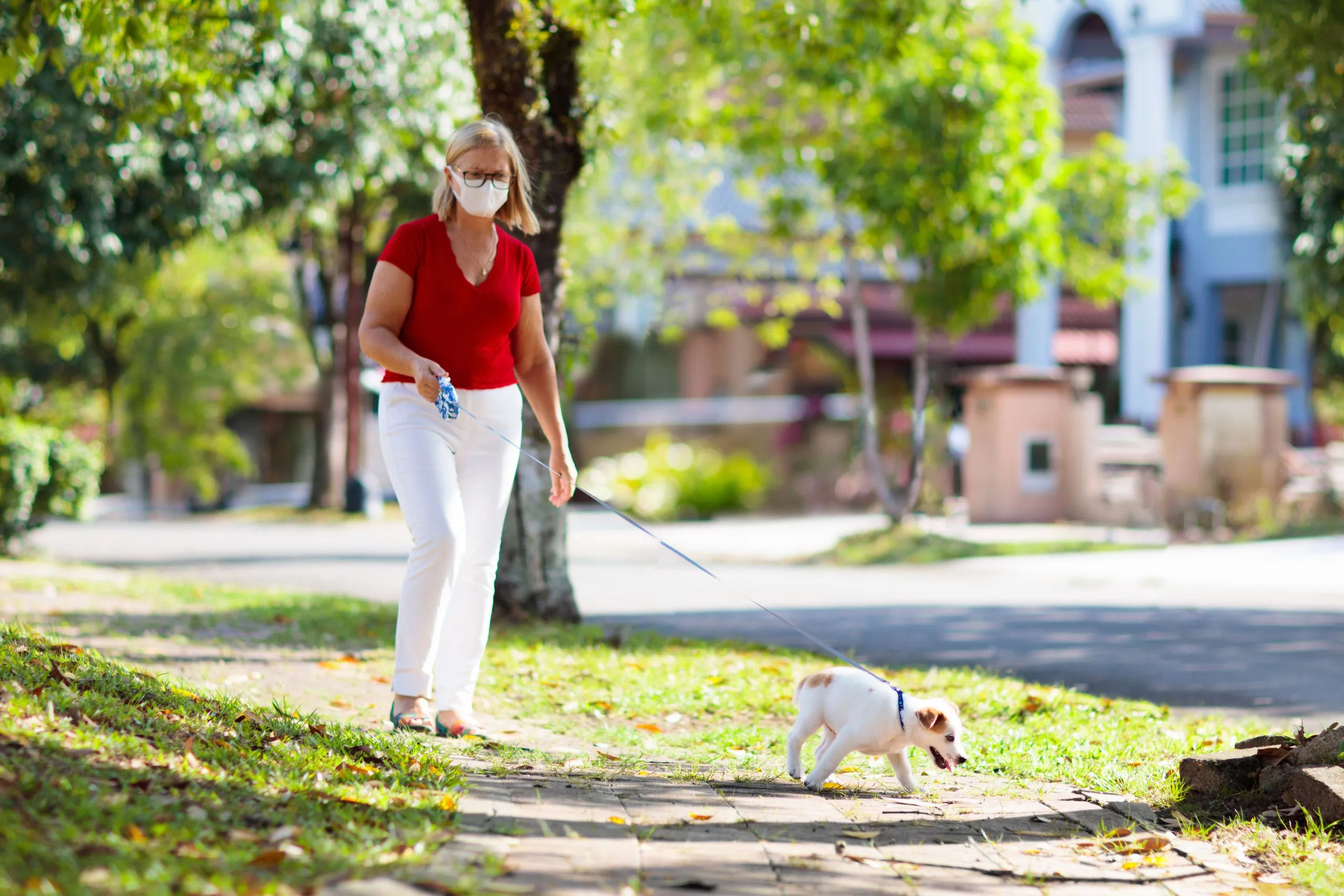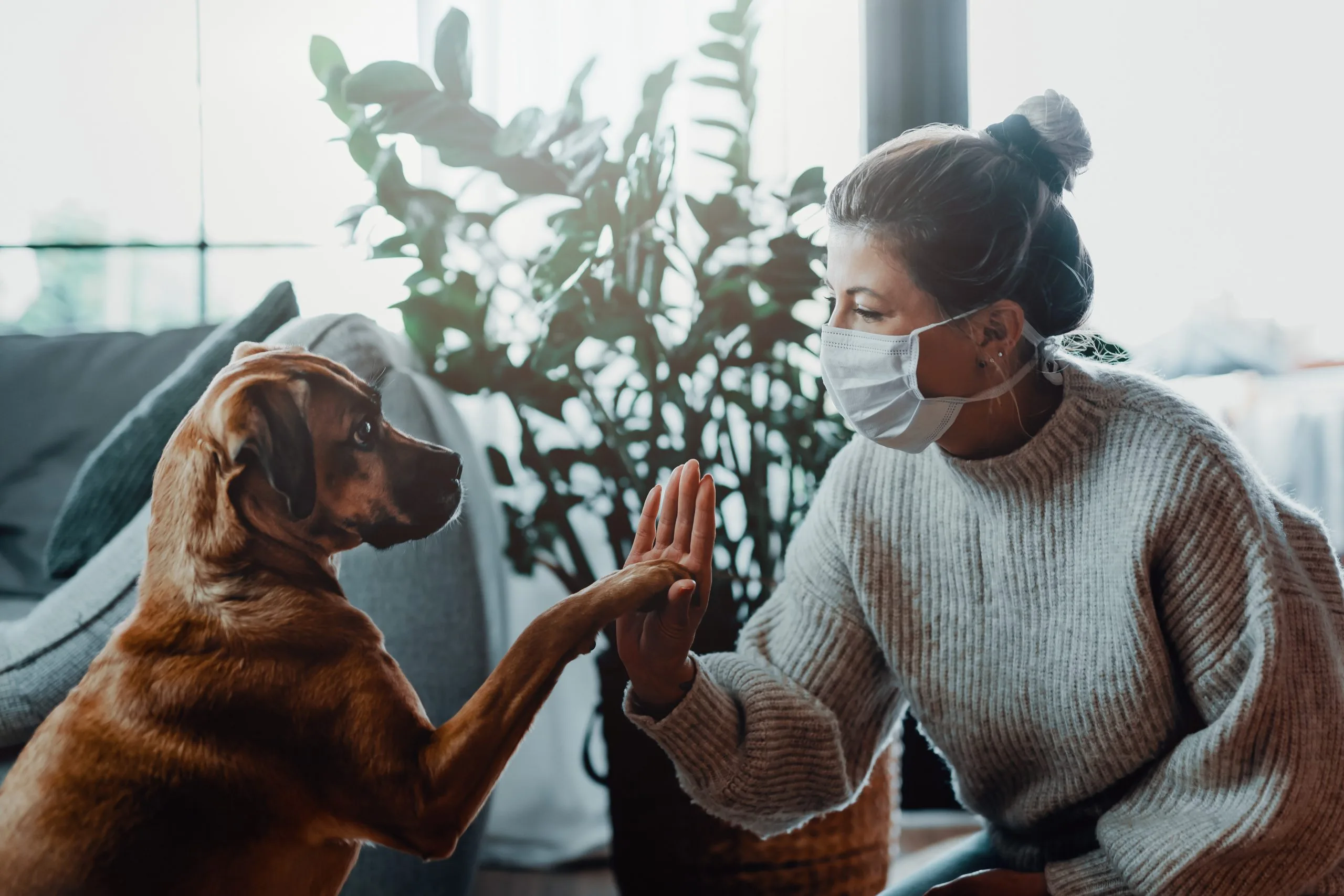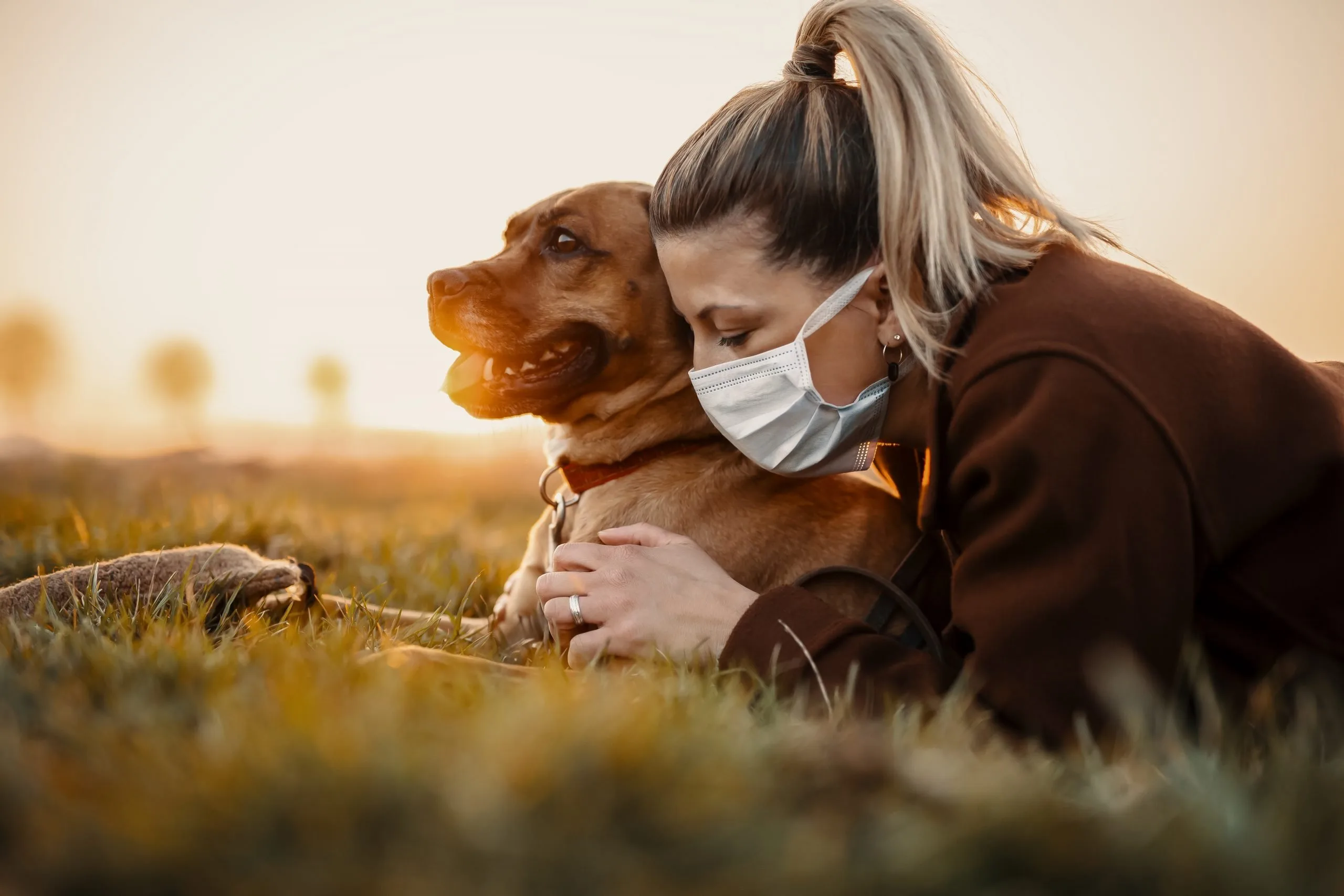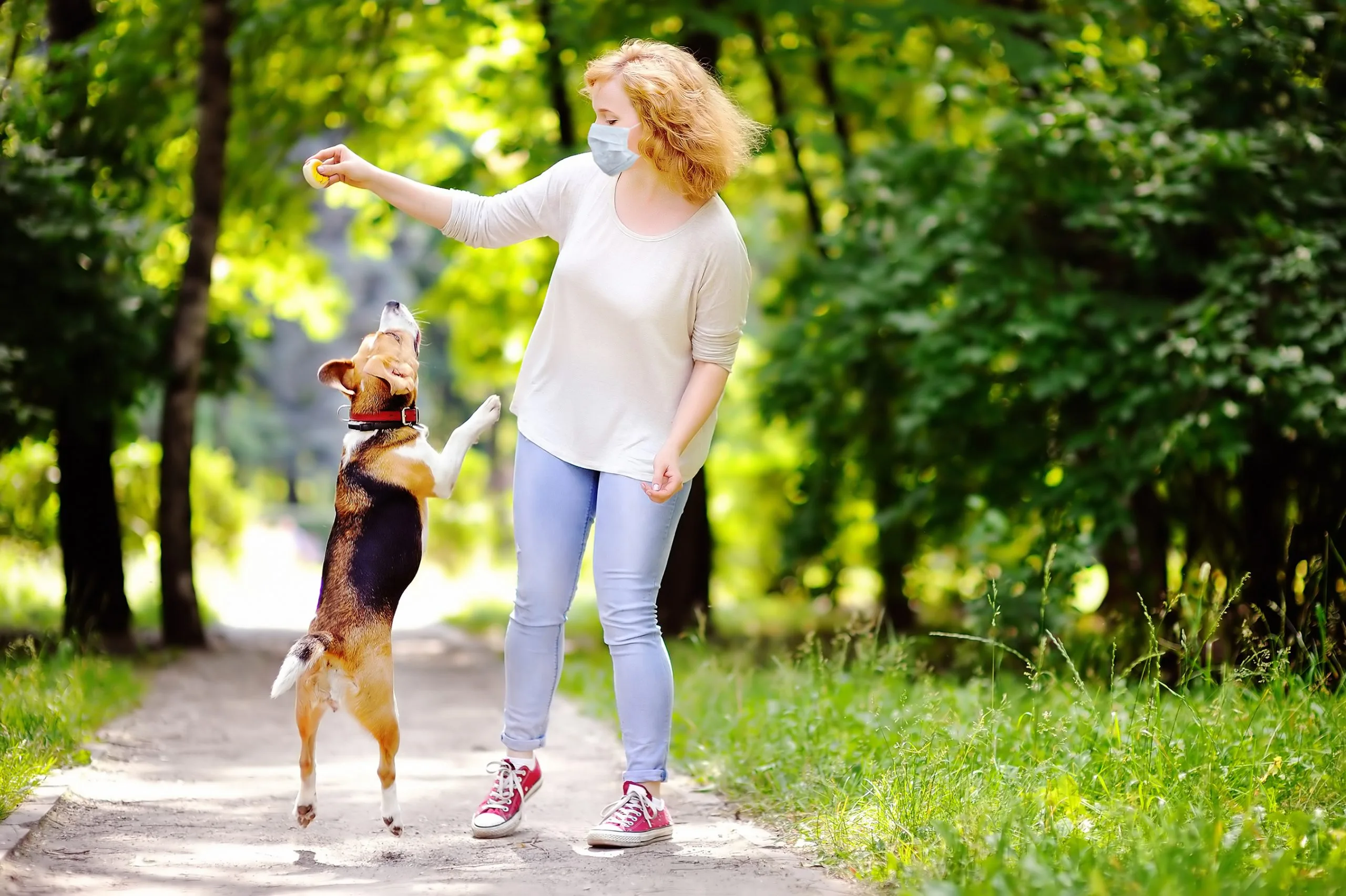The month of October is Mental Health Awareness Month with the objective of educating the public about mental health issues such as depression, anxiety, and stress, all of which have been heightened for many by the impact of the COVID-19 pandemic.
As the world continues to grapple with the impact of the pandemic, a survey by US veterinary group Banfield Pet Hospital reveals the effects that lockdown has had on pets and their owners. For pet owners, the good news is that the study shows that the bond between people and their pets can help us through the most difficult times in our lives and that there are many health benefits of owning a pet.
The human-pet bond
The human-animal bond has long been a powerful force. Dogs can increase opportunities to exercise, get outside, and socialize. Regular walking or playing with pets can decrease blood pressure, cholesterol levels, and triglyceride levels. Pets can also help manage loneliness and depression by giving us companionship.
Pets and mental wellness

FamVeld/Shutterstock
“Pets lower stress and unhappiness,” says Dr. Liza le Roux, Technical Manager for the Companion Animal Team at Zoetis South Africa. “Stroking your cat or dog can lower your blood pressure, make you feel calmer, and ease tense muscles. Playing with your pet also increases the levels of the feel-good hormones serotonin and dopamine in your brain.”
Benefits of having a pet
Some of the health benefits of having a pet include:
- Decreasing blood pressure
- Decreasing cholesterol levels
- Decreased triglyceride levels
- Decreased feelings of loneliness
- Increased opportunities for exercise and outdoor activities
- Increased opportunities for socialisation
Lockdown and your pets
As people are spending more time at home than ever before, 20% of respondents from the survey say they prefer working alongside their pets over their co-workers. 73% of people are concerned about going back to the office and spending time away from their pets, with 59% worried their dog or cat may suffer from separation anxiety once normal working schedules resume.
The study also found that as pet owners adjust to their new normal, 67% expect to make changes in how they care for their pets once they’re not home as often. 47% of people are committed to spending more quality time with their pets when they are home, 21% will adjust their schedule to be at home with their pets more often, and 10% plan to adopt another pet to help keep their dog or cat company.
Quality time
Pets continue to bring joy and comfort to people’s lives every day and pet owners can attest to this. 45% shared that their household’s happiness has increased while spending more time with their pet during quarantine, with many revealing their pet helped lower their anxiety and uncertainty caused by the pandemic.
With owners spending more one-on-one time with their pets, 33% of people feel more attuned to their dog or cat now than before the pandemic began. Many owners believe their pets appear to be happier and more playful during this time. Pets are also receiving increased affection and their owners are talking to them more than before the pandemic.
Taking better care of your pets
“A key finding is that the majority of owners feel more attuned to their pet’s health and are planning to make changes to how they care for their pet, suggesting quarantining with our cats and dogs may have lasting effects on how people approach pet ownership,” says Le Roux.
Should I vaccinate my pet?
“This is good news,” says Le Roux. “It’s important for owners to know that as we share each other’s company and bodily warmth, we also share our micro and macro biomes. Pets can sometimes carry harmful parasites and germs that can make us sick even when they appear to be healthy.”
Parasite control and vaccinations are some of the most important preventative measures you can take for the health of your dog or cat, so they can enjoy the best possible quality of life for the longest possible time. Vaccinations help protect your pet from viral and bacterial diseases. At some point in its life, your pet may be exposed to a serious or even fatal infectious disease and without proper vaccination, it’s left unprotected. Vaccination saves lives!”
The bottom line
Le Roux says most pet owners are clear about the immediate joys that come with pets. That said, mental health benefits are just as important. “Pets are attuned to humans and our behavior and emotions. Caring for an animal reduces stress, anxiety, and depression, provides valuable companionship and adds real joy and unconditional love to your life,” says Le Roux.

Want to know more?
new research has suggested that man’s best friend may also be the key to helping us find the treatment for brain cancer, in both canines and humans. The study believes that examining tumors in canines may help to better understand them in humans. This could then potentially lead to an effective form of treatment.





![women [longevity live]](https://longevitylive.com/wp-content/uploads/2020/01/photo-of-women-walking-down-the-street-1116984-100x100.jpg)










